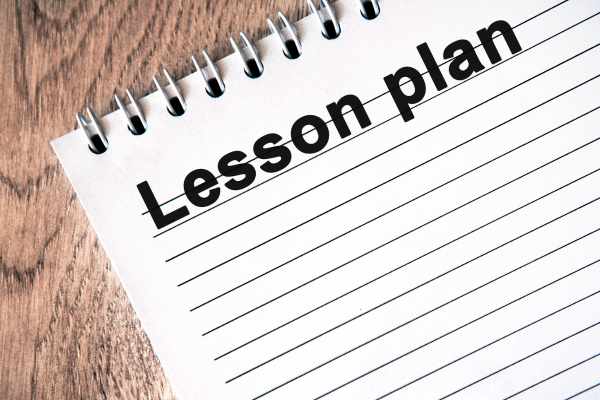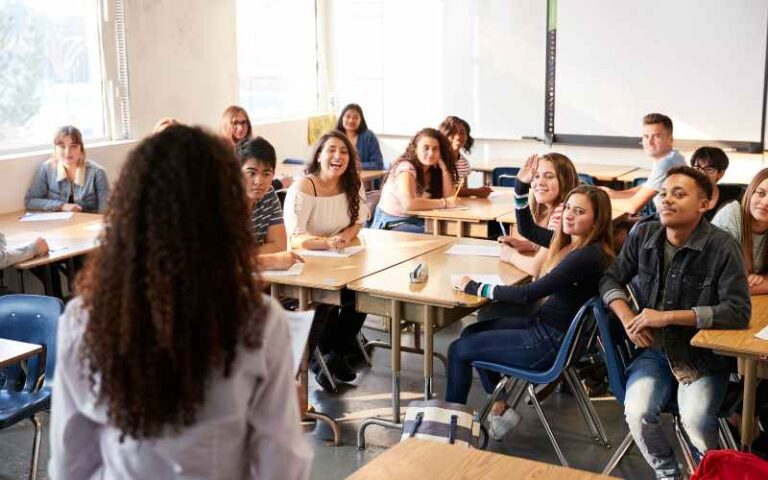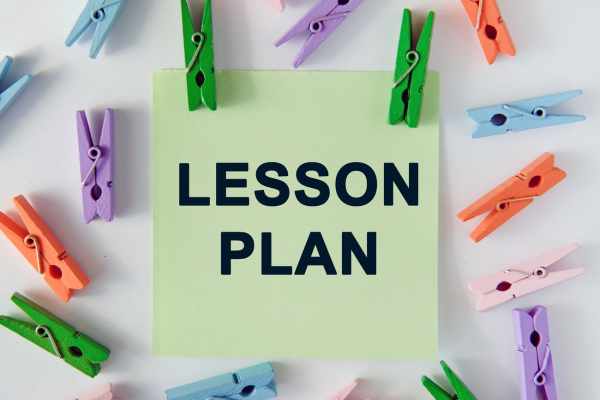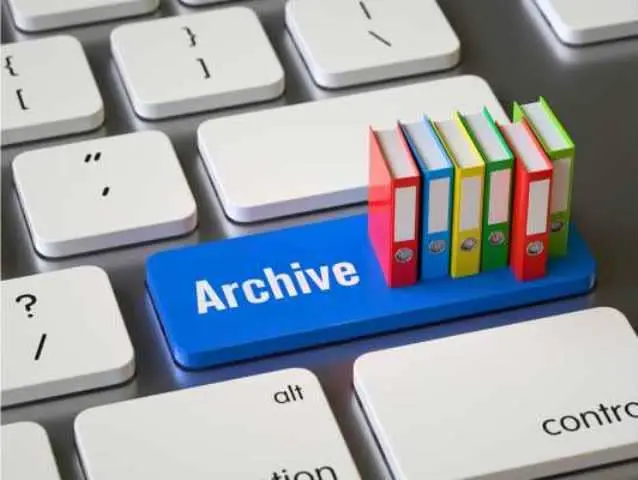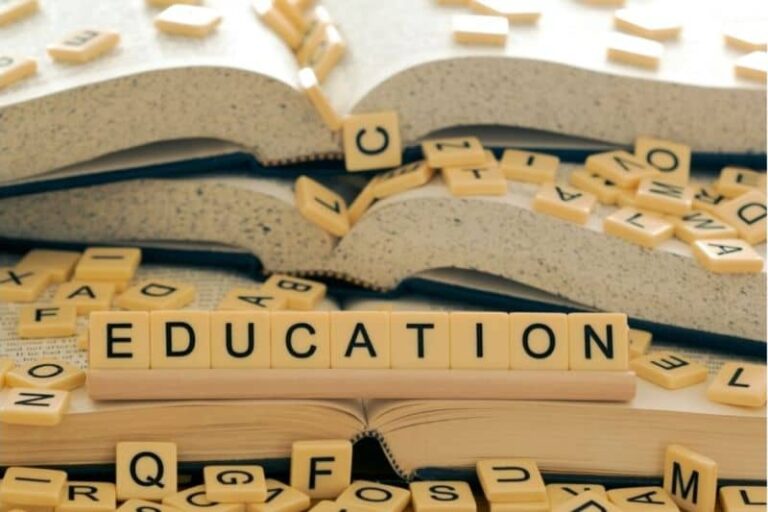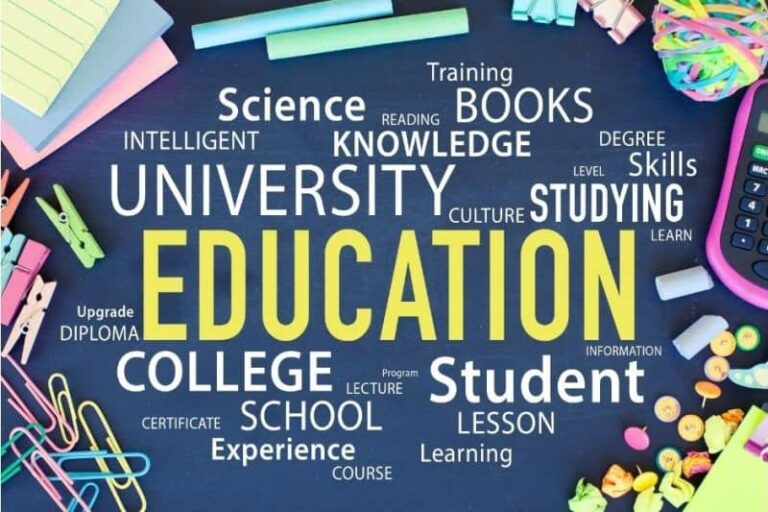A lesson plan is a road map, which a teacher produces to show the method of instruction that he/she wants to use for a lesson or a unit. Consequently, the syllabus stipulates specific learning objectives that will be used during the allotted class time via different learning methods such as instruction, activities, and assessment. Lesson planning is a facilitator of lessons that plan and shape these lessons to be structured and engaging for the students.
“A lesson plan is a kind of body and way of teaching of a teacher to which he refers while he develops his individual teaching style.” – Melissa Kelly
Types of Lesson Plans
There are three types of lesson plans according to the learning domains. These are cognitive (knowledge), affective (emotions/attitudes), and psychomotor(skill).
1. Knowledge Lesson Plans: They focus on expanding students’ knowledge base in subjects such as history, science, math, etc. Applying predetermined methods like Herbart’s steps.
2. Appreciation Lesson Plans: This stresses how students can develop their aesthetic senses and appreciation for arts like music and painting among others. Which seek to arouse feelings.
3. Skill Lesson Plans: These deal with the development of students’ psychomotor skills in fields such as art, handicrafts, sports, computer skills, etc., which enhance creative talents.

A good lesson plan combines any combination of these three domains depending on the targeted learning outcomes. It serves as a tool for teachers to deliver coherent well-structured instructions that will be interesting to their learners who have different needs
It can be stated that an extensive lesson plan is the most important tool for successful teaching. It is a map, which helps educators to understand how to guide students through the educational process. It, as a true multitude of parts, is completely aimed at the established order and the thinking operation.
At the beginning of the lesson planning process, the first heading should be exhibited to briefly contain the main information of the topic, the teacher’s name, the subject, and the place where the class is planned to be held.
What follows is the writing of the main objective (the second heading) and the objectives of each specific work (the third heading). The plan involves a set of needed materials, attention-grabbing questions that will be used to get students engaged, and a step that will drive the focus of the lesson.
The main body of the lesson plan, which represents the central part of the lesson, is the core content, which is activated by the teacher elaborating on the actual instructional content. This step is closely followed by a concluding remark that encapsulates the main concepts.
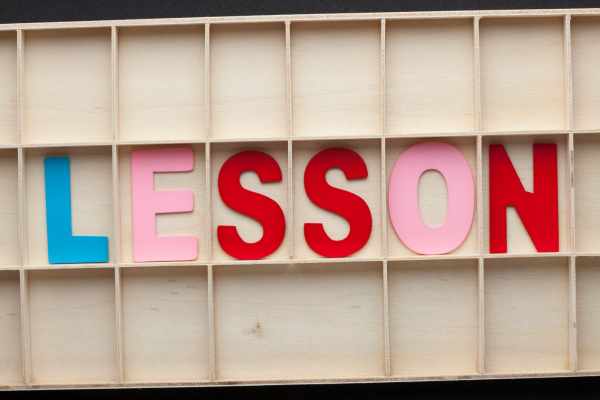
To reinforce the knowledge, the recapitulating questions which cover various forms like multiple choice, fill in the blanks, True or false, and also the very short and short answer types are incorporated. Another way to teach through the game is to include homework questions that are created to take the learning process out of the classroom.
Benefiting from the combination of frameworks, a lesson plan is a necessary part of the permanent process, which is connected with teaching. Answer 2 explains what it involves, namely the detailed planning of the assimilation process, which includes collecting primary information about students’ level, curriculum material, and duration of the lesson before giving.
Defining the Mission and Vision of the Education Program, here Short-Term and Long-Term Goals, and the expected Behavioral Changes in Students are identified. The teaching supports are skillfully designed to determine which media (audio or visual) to use for the content relevance.
Accompanying this essential step is a process of students reviewing their prior knowledge to figure out how to teach accordingly. In the very last, one takes the class home to reinforce the appreciation gained.
The main plan is a formal document, it is pleasant because it includes the main elements such as objectives, teaching materials, assessment tools, and the reflective component that provides clear direction and delivers a powerful teaching practice.
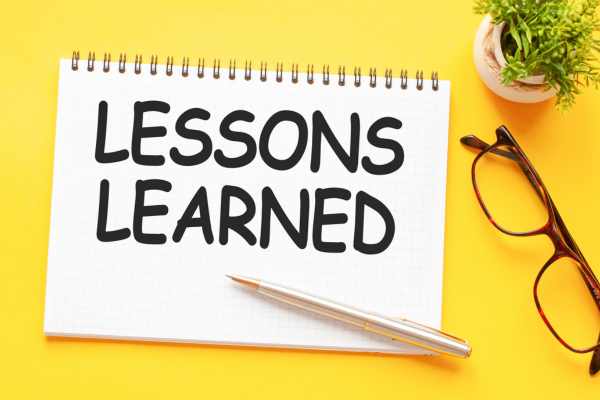
Main Points to remember while preparing Lesson Plan
- First heading -the basic things like class topic subject your name all these in a box.
- Second heading – general objective and
- third heading -specific objectives
- Material required
- Introductory questions
- Statement of aim
- Main lesson plan where you write the actual content
- Concludatory statement
- Recaptulatory questions – multiple choice questions, fill-in-blanks, true-false, and very short, short answer type questions, and homework questions
- The Last page of the lesson plan must be signed by faculty.
Download B.Ed Lesson Plan –All Subjects B.ed Course 2nd year file – Sample files – Hindi or English Medium –
What is a Micro Teaching Lesson Plan?
Here is an overview of what a micro-teaching lesson plan is:
Microteaching is a teacher training technique where student teachers practice teaching a short lesson to a small group of students. A micro-teaching lesson plan is a condensed lesson plan that focuses on one particular skill or technique.
Key features of a micro-teaching lesson plan:
- Short duration – Usually 5-10 minutes long. Allows the student teacher to focus on quality over quantity.
- Limited content – Covers a very narrow topic or single concept, rather than large portions of content.
- Specific skill focus – Zeros in on practicing one particular teaching skill like introducing a lesson, explaining a concept, using a teaching aid, asking productive questions, etc.
- Small audience – Delivered to a group of 4-5 fellow student teachers acting as students. Provides a comfortable environment.
- Observation and feedback – Supervisor and peers observe and provide feedback to improve the particular skill.
- Repeated practice – The student teacher gets to refine the skill by teaching the lesson multiple times.
Benefits of micro-teaching lesson plans:
- Develop specific teaching skills in a controlled setting
- Get experience in structuring concise, focused lesson plans
- Learn to teach effectively in short durations
- Gain confidence through repeated practice and feedback
- Hone skills before actual classroom teaching
Overall, micro-teaching lesson plans create an almost real classroom scenario for the focused practice of discrete teaching skills within a limited scope and time. This prepares student teachers well for actual teaching. Want to know More About Micro Teaching Lesson Plan?

